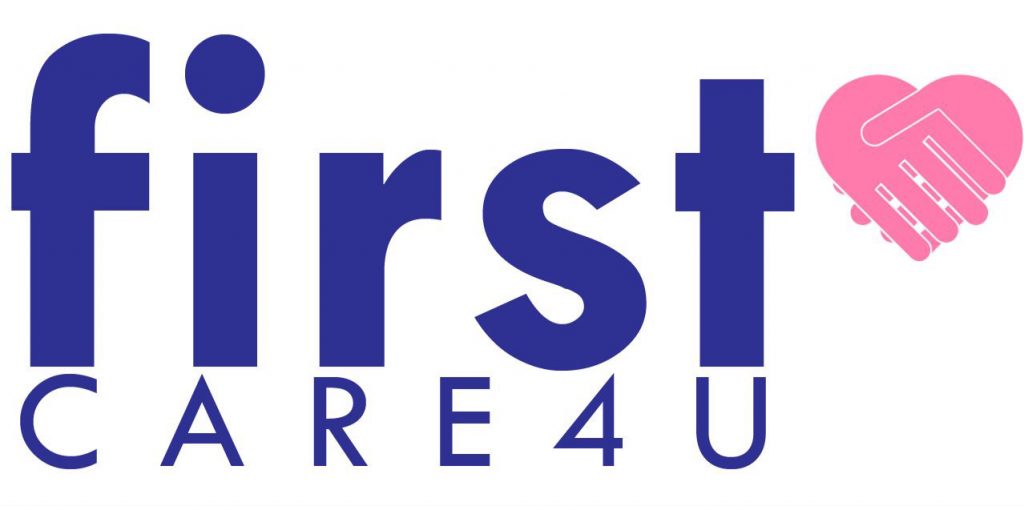Mental Health in Healthcare
As healthcare assistants, it is essential to understand and be equipped to recognize mental health issues that can arise both in patients and potential candidates. This guide focuses on the mental health awareness and support needs of healthcare assistants, and explores the role of healthcare recruitment and agency staff in providing mental health support.
We will look at recognizing mental health symptoms in patients, identifying resources to provide support and advice, and how recruitment practices should be adapted to best support those struggling with mental health.
Overall, this article aims to equip healthcare assistants and healthcare recruitment and agency staff with the knowledge to ensure safe working environments and best support mental health needs.
Recognizing Mental Health Symptoms in Patients
For healthcare assistants, recruitment, and agency staff, recognizing the symptoms of mental health conditions in patients can be a difficult but essential task. It is important to be aware of the signs of mental illness and to be cognizant that any of these symptoms can manifest in combination.
People who are suffering from various mental health issues might show signs of anxiety, difficulty sleeping, exhaustion, irritability, sadness or depression, confusion or disorientation, or changes in eating habits.
It is also important to note that mental health symptoms can manifest differently in different individuals. It is important for healthcare recruitment and agency staff to be aware of the signs of mental health issues in order to provide better care for patients.
Identifying Support Resources
As healthcare recruitment and agency staff, it is essential that you are able to identify and provide access to the right resources and support for those in need. Fortunately, there are a range of support programs available for those struggling with mental health issues, including those run by healthcare assistants and the healthcare agency.
Healthcare assistants can provide advice and support to people dealing with depression, anxiety and other mental health problems, and can help them access specialist care when needed. They can also get involved in mental health awareness campaigns and provide education and training to healthcare recruitment and agency staff.
Likewise, healthcare recruitment and agency staff can contribute to mental health awareness campaigns, provide training and support to healthcare assistants, and ensure that people dealing with mental illness are able to access the specialist care they need.
They can also keep up to date on new developments in mental health care and provide advice and resources to healthcare assistants.

Mental Health and Recruitment Practices
It is essential for any healthcare recruitment or agency staff to be aware of the issues surrounding mental health, as well as the potential impact these issues can have on the recruitment process.
A comprehensive understanding of the nature of mental health can help ensure healthcare assistants are recruited in a way that respects a person’s individual needs and circumstances. For example, it is important that agencies ensure any potential candidates have access to appropriate medical or psychological support if necessary.
Additionally, agencies should take into consideration any special circumstances such as language barriers or previous experiences that could impact the recruitment process. Adopting a diverse and inclusive approach to recruitment can help ensure health care assistants are employed with the best interests of all individuals in mind.
Creating a safe workplace environment
Creating a safe and supportive workplace environment for healthcare assistants and other healthcare recruitment agency staff is key for promoting mental health in the workplace.
Employers should ensure that there is adequate training for all staff that covers how to recognize signs of mental health issues, how to approach those who are showing signs of distress and how to refer them to professional help if needed.
In addition, employers should create and maintain an open dialogue around mental health by creating safe spaces for staff to talk about their issues and providing support and resources.
Finally, employers should ensure they have an effective safety and health plan in place to protect employees and address any issues that may arise. By following these steps, healthcare recruitment and agencies can create an environment of understanding and compassion around mental health.
Understanding Mental Health Prevalence in Candidates
As healthcare recruitment and agency staff, understanding the prevalence of mental health among potential job candidates is key to providing the best possible healthcare for individuals and populations.
Healthcare assistants, for instance, must have an accurate understanding of the common mental health issues their potential patients might be facing, whether they are depression, anxiety, bipolar disorder, substance abuse, or something else.
This knowledge can help healthcare assistants identify signs of mental health problems and refer affected individuals to the proper resources. On the recruitment side, having an understanding of the prevalence of mental health in job candidates can give employers the tools they need to hire the best possible staff and support their employees in an appropriate way.
Equipping Agency Staff to Support Mental Health Needs
Recruiting and equipping healthcare agency staff to be able to recognize and address mental health needs is critical for providing quality care. Healthcare recruiters and agencies must be aware of current best practices for hiring and training staff so that the healthcare assistants and agency staff they provide for their clients have the skills, knowledge, and experience to support individuals with mental health issues.
Education and training should be tailored to the particular roles of healthcare assistants, including recognizing the signs of mental health issues, providing psychological first aid, and making appropriate referrals. By equipping agency staff with the skills and knowledge to effectively address mental health needs, healthcare recruitment and agency staff can ensure they are providing the best quality of care to their clients.
